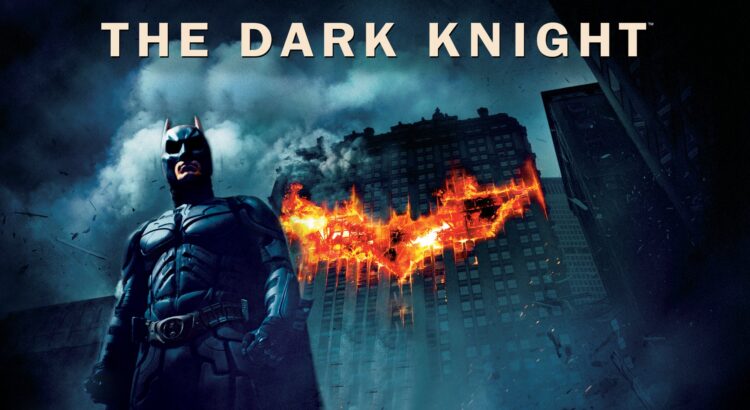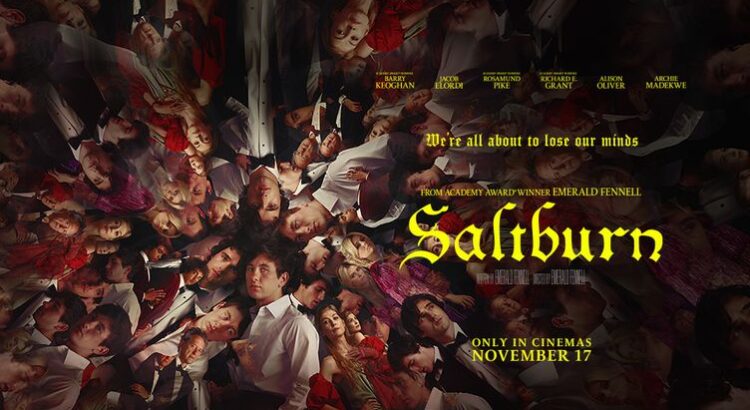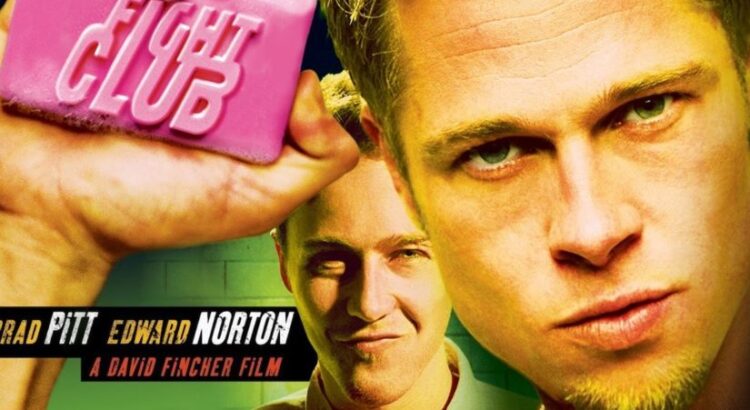Director Christopher Nolan truly outdid himself with his gripping film, “The Dark Knight.” This action-packed movie takes place in Gotham City, where despite the system of law and order, various mobs are running the city and causing havoc. Batman helps to keep crime at bay with the help of Gotham City Police Department’s Lieutenant Jim Gordon and District Attorney Harvey Dent. However, things take a turn when the Joker disrupts the crime scene, causing chaos for both the law-abiding citizens and the criminals of Gotham City.
I really enjoyed this movie as it was not the typical hero vs. villain action movie that is so common in the movie industry, in which the characters are all either good or bad. Instead, this movie dives deep into the complex emotions of humans and how many will make ‘unethical’ choices depending on what is at stake for them. When successful and morally righteous characters who have always followed the rules have to deal with a traumatic loss, they may end up making cruel choices, but to them these choices are what is ‘fair’. The movie is riddled with scenes in which characters must make a choice, but both choices are cruel and cause suffering to someone/some people, causing the person making these decisions to really think about which choice is the most morally correct. This movie makes you think hard about what is really considered ‘fair’ when making difficult decisions, how nothing is completely black or white.
I thought that the character of the Joker was very well developed, as the Joker is portrayed as different from the usual criminals of Gotham City that are in it for the money. Heath Ledger did an amazing job portraying the Joker as someone that was truly misunderstood by society, causing him to rebel against people that are rule followers. His facial expressions and abrupt mood changes portray a disturbing depiction of an antagonist misunderstood and mistreated by mainstream society. The Joker tries to convince characters that are seen as ‘good’ that they are actually similar to him, and he is constantly trying to push people over the edge to going against the rules and following chaos instead, arguing that ‘chaos is fair.’
Aaron Eckhard, who played Harvey Dent, did a marvelous job portraying his character who went through one of the harshest changes I’ve seen throughout the movie (both physically and mentally), and it was interesting to see how he developed as a character. Christian Bale, who played Batman, also captures the essence of how a superhero fits into the rules of society, and whether that makes them a true hero or a vigilante.
Overall, this emotional rollercoaster of a movie with its several twists and turns, paired with intense action shots and thrilling fight scenes kept me gripping my seat in anticipation throughout its entirety. The actors did an amazing job bringing to life the characters that many know from its comics, which really helped to make the viewer feel like they were a part of the adventure. I feel as though this film would be enjoyed by both long time DC comic fans as well as anyone looking for a thrilling action movie with iconic characters.









